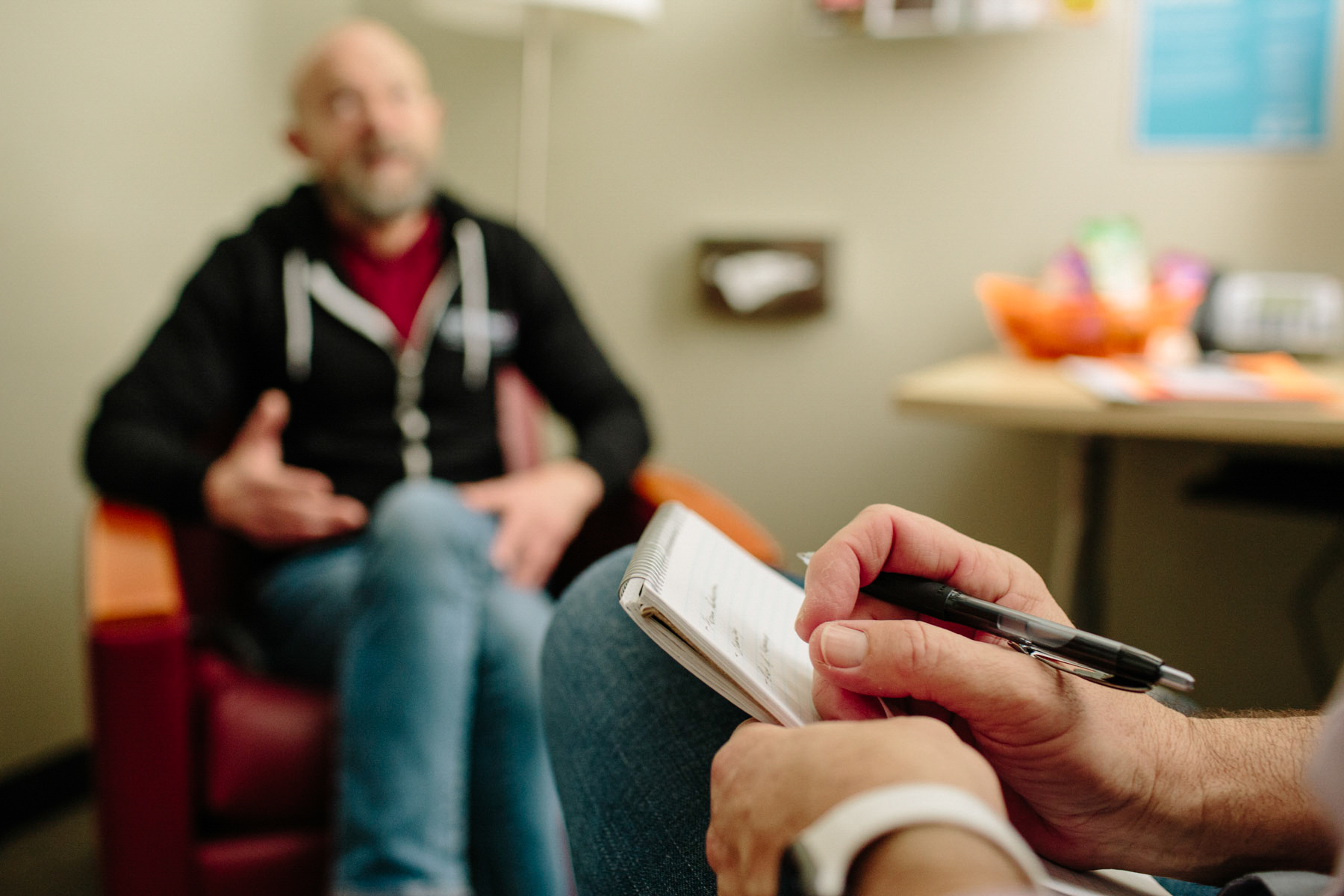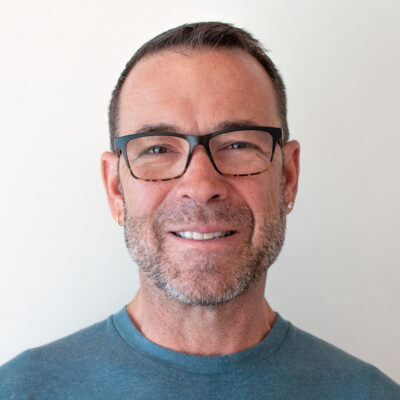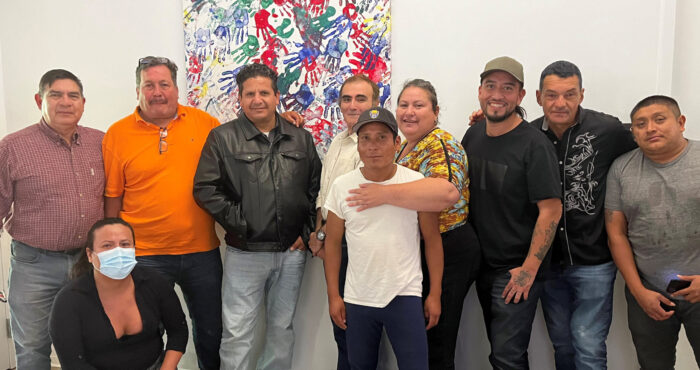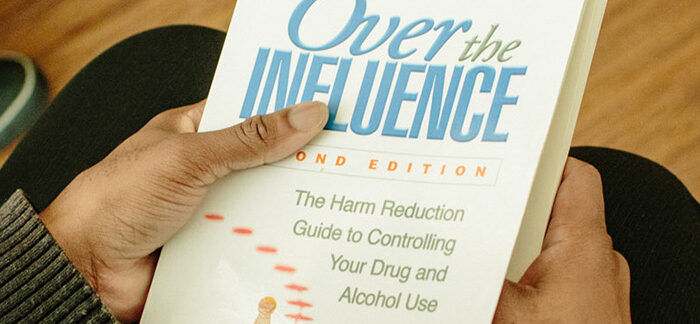Celebrating clients who complete our enrolled substance use treatment program

This month, the substance use treatment program at SFAF, the Stonewall Project, is holding a “Client Completion Ceremony” for our clients who’ve completed the enrolled counseling program. Held every year, this voluntary ceremony is held as a special way to celebrate the accomplishments of clients who have completed and maintained their treatment goals, and have been formally discharged from the program.
This is, by far, one of my favorite events that we hold at SFAF.
It’s a way for us to honor our clients, who have changed their lives and their substance use in incredible ways. It’s a way for families and friends to celebrate the journeys that their loved ones have been on. It’s a way for our clients to formally mark and acknowledge all that they have accomplished.
During the evening, we give small mementos and a certificate of completion to clients who choose to attend. The staff and counselors say a few words, and then we open the floor to graduates.
Some share their thanks for the peer and counselor support. Some talk about the impact of the program, and the journey they’ve been on. Some share the wisdom they’ve gained since entering the program. All offer gracious and uplifting examples of the positive changes we can make in our own lives, and in the lives of others.
Importantly, because we are a harm reduction program, the successes and achievements we come together to celebrate vary from person to person. Some people set and achieve goals related to ending or reducing their substance use. Some choose to focus on stopping one substance that is causing more harm than others. Others find ways to reduce or manage their substance use.
Many clients also set and achieve goals related to other aspects of their lives–such as finding and maintaining housing, repairing relationships, or improving their jobs or careers. Our counselors help clients think holistically about their substance use, and about all of the parts of their lives that may be affected by a change in their substance use.
Paul Kilfoil, a counselor with Stonewall, offers a great explanation for how counselors address this with clients.
“Our culture tends to label problems with substance use as being caused by the substance,” he said. “People may think, ‘You remove the substance, and you solve the issue.’ But in many cases, the substance use is actually a coping mechanism. Remove that substance, and you lose not only a coping mechanism, but for some people a source of pleasure, or of community. You have to find new ways to bring those things into your life, and to also move through grief and loss. That’s something the counselors with Stonewall guide our clients through.”
In the end, our philosophy is about helping people have and maintain a life that works for them. And that’s exactly what we hear people reflect on during our completion ceremony.
Michael Ackermann, administrative manager for the Stonewall Project, said that hearing from clients who participate in the completion ceremony is the most beautiful part of the event.
“We hear how the Stonewall Project has changed people–it’s almost like a testimony of sorts,” he said. “People get vulnerable and talk about some of the tougher times that they have gone through, and how they have navigated triggers or difficult situations in collaboration with their counselor. I always find myself standing in the back of the room so people don’t see me crying.”
Importantly, even after clients complete the enrolled program, they’re welcome back to any open groups with Stonewall for additional support.
“This isn’t a program where you automatically come to an end,” explained Peter Carnini, LMFT, a counselor with Stonewall. “You’re always welcome to come back through the door.”









